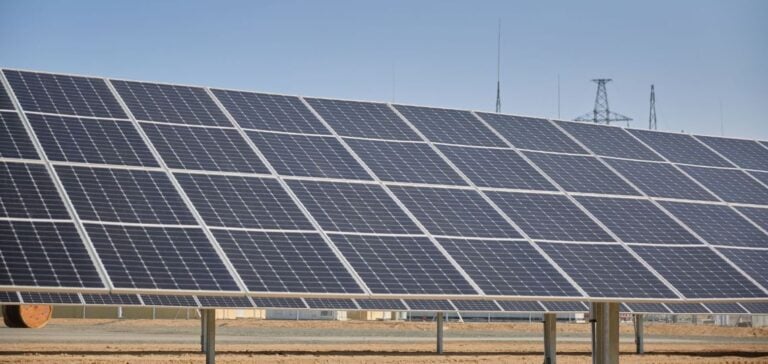Uzbekistan is bolstering its energy ambitions with the construction of a solar power plant in the Khorezm region. This project, scheduled to be operational by November 2025, will cover 177 hectares and is expected to produce 240 MWh annually. This capacity will meet the energy needs of 60,000 households while reducing carbon dioxide emissions by 230,000 metric tons each year.
A strategic international collaboration
The World Bank has approved a $3.5 million payment guarantee, ensuring the commitments of the public utility company National Electric Grid of Uzbekistan JSC (NEGU) to purchase the electricity generated. This support has enabled the mobilization of $80 million, including $54 million in structured financing from the European Bank for Reconstruction and Development (EBRD).
The plant will be developed and operated by Sarimay Foreign Enterprise LLC, a subsidiary of Voltalia. A 25-year power purchase agreement has been signed with NEGU, solidifying the project’s financial and operational sustainability.
A lever for energy independence
This project aligns with Uzbekistan’s strategic goals to diversify energy sources and reduce reliance on fossil fuels. By integrating renewable energy into its mix, the country aims to meet growing electricity demands while advancing its climate commitments.
Through a model of public-private partnership and international institutional support, this initiative highlights Uzbekistan’s attractiveness for renewable energy investments.






















